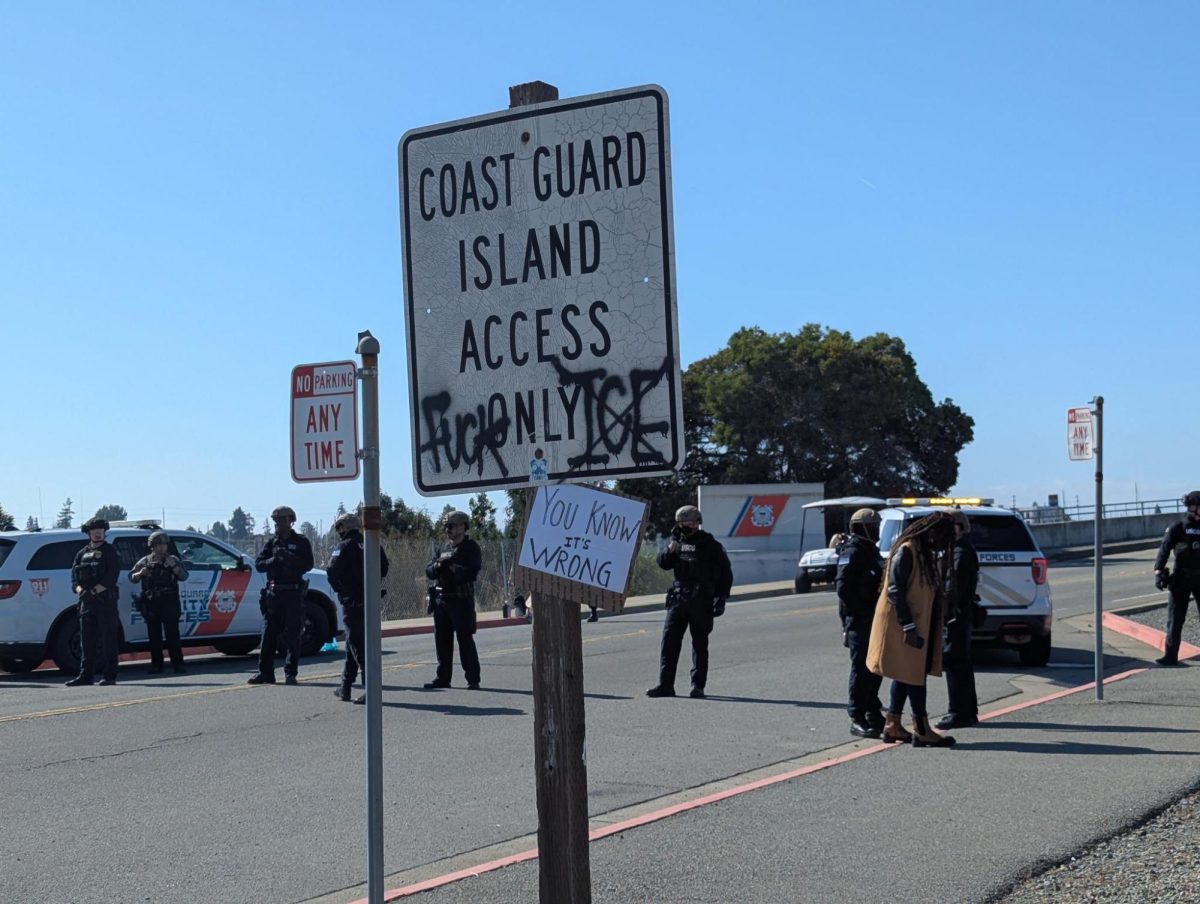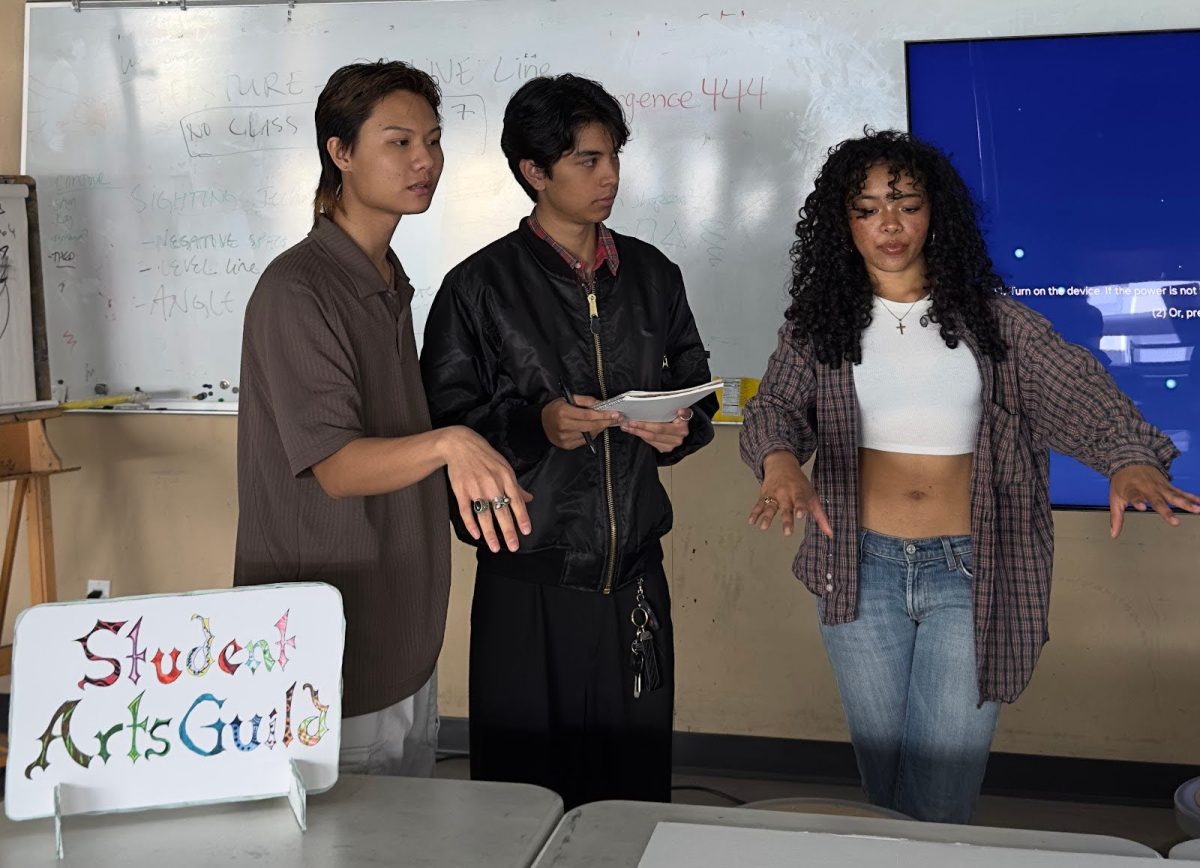By Robert Hinton
Joey Rovero died five months before he was supposed to graduate from Arizona State University, and six days before Christmas on Dec. 19, 2009. A toxicology report obtained by his family indicated he had low levels of Xanax, oxycodone and alcohol in his system. Joey never woke up after he went to sleep that night.
This sad tale is told by April Rovero, Joey’s mom, and executive director at the National Coalition Against Prescription Drug Abuse (NCAPDA), located in San Ramon.
Rovero presented her case for opioid awareness and prevention at a town hall meeting hosted by the Alameda County Consumer Affairs Commission at the Glad Tidings Church of God in Hayward on Sept. 1, 2018.
Rovero’s father was an alcoholic and was able to quit his addiction with the help of Alcoholics Anonymous, and April doesn’t drink alcohol because of her father’s addiction.
Rovero and her husband, Joseph, warned Joey about alcoholism and their family history.
The Roveros didn’t know they should also talk to their son about opioids and prescription drugs. There were no red flags or warning signs, yet Joey became another statistic in the ongoing opioid crisis raging in the United States.
In 2010, after Joey’s death, Rovero started the NCAPDA to help inform the public about the opioid crisis in the Bay Area and nationwide.
“No one educated Joey about the dangers of opioids and prescription drugs,” she said.
Rovero used her 30 years of experience working as director of program management at Lucent Technologies to start her program to help others. She has received multiple awards for her work over the years in spearheading the effort to bring awareness to this epidemic.
The town hall meeting was hosted by Marlene Hurd, chairperson for the Alameda County Consumer Affairs Commission. During her introduction, Hurd admitted she had put the town hall meeting together because of her own experience with prescription drug abuse.
“I liked the way it made me feel,” Hurd said in reference to her addiction to Ativan, an anti-anxiety drug prescribed by her doctor. Hurd has since beat her own addiction, but she admits she was ashamed and hid her actions.
Hurd is also the president of the Merritt College Tobacco-less Club, a student organization that informs the Merritt community about the risks associated with tobacco use.
April is well aware of the hidden dangers people can keep from their loved ones. Joey gained access to prescription drugs through a negligent doctor plying her trade out of a clinic in Rowland Heights, Calif.
The doctor, Hsiu-Ying Tseng, was charged with second-degree murder on Feb. 5, 2016, for the deaths of three patients, including Joey. She is serving 30 years to life in a California correctional facility.
The National Institute on Drug Abuse reports that 115 or more people die each day from opioid overdoses. As of June, 2018, more than 600 state, county, and city governments have filed opioid-related lawsuits.
Since 1999, there has been a 300 percent increase in opioid prescriptions, and now opioid-related overdoses are the leading cause of death in individuals under the age of 50.
Rovero says there are ways to help. The anti-overdose drug Naloxone is available over the counter at pharmacies in most states. Some insurance policies will also cover the cost of the drug.
Rovero, Hurd and people like them want to ensure that no more family, friend, or loved one has to deal with the heartache of losing someone to opioid addiction. If you suspect a loved one or friend is abusing opioids, speak to them about programs like the NCAPDA.
National Coalition Against Prescription Drug Abuse
(925) 480–7723
P.O. Box 87
San Ramon, CA 94583
























